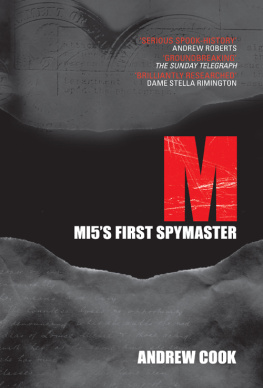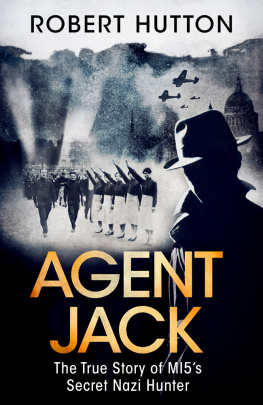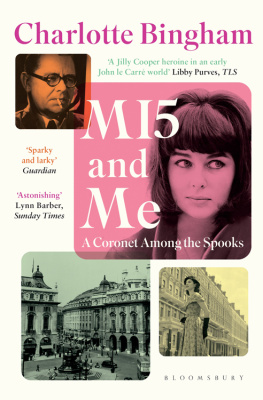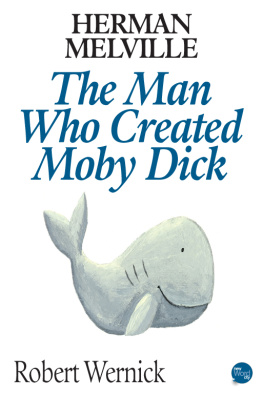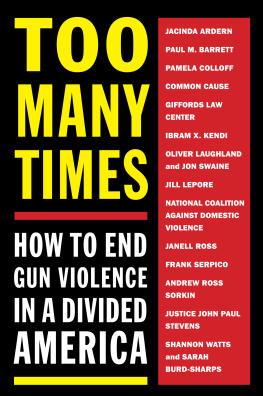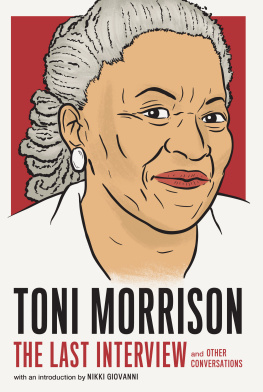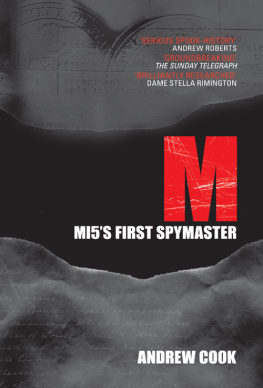M15S FIRST SPYMASTER
A BOUT THE A UTHOR
Andrew Cook worked for many years as a foreign affairs and defence specialist, and the contacts he made enabled him to navigate and gain access to classified intelligence services archives. He is only the fifth historian to be given special permission under the 1992 Waldegrave Initiative by the Cabinet Office to examine closed MI5 documents that will never be released. He is author of critically acclaimed Ace of Spies: The True Story of Sidney Reilly, To Kill Rasputin: The Life and Death of Grigori Rasputin and Prince Eddy: The King Britain Never Had, all published by Tempus. He was the historical consultant for the recent BBC Timewatch documentary on Rasputin, and was presenter and historical consultant for the Channel 4 documentary about the life of Prince Albert Victor. He is a regular contributor on espionage history to The Guardian, The Times and History Today. He lives in Bedfordshire.
M15S FIRST SPYMASTER
ANDREW COOK
First published in 2006
The History Press
The Mill, Brimscombe Port
Stroud, Gloucestershire, GL 5 2 QG
www.thehistorypress.co.uk
This ebook edition first published in 2011
All rights reserved
Andrew Cook, 2004, 2006, 2011
The right of Andrew Cook to be identified as the Author of this work has been asserted in accordance with the Copyrights, Designs and Patents Act 1988.
This ebook is copyright material and must not be copied, reproduced, transferred, distributed, leased, licensed or publicly performed or used in any way except as specifically permitted in writing by the publishers, as allowed under the terms and conditions under which it was purchased or as strictly permitted by applicable copyright law. Any unauthorised distribution or use of this text may be a direct infringement of the authors and publishers rights, and those responsible may be liable in law accordingly.
EPUB ISBN 978 0 7524 6961 4
MOBI ISBN 978 0 7524 6962 1
Original typesetting by The History Press
C ONTENTS
A CKNOWLEDGEMENTS
I am greatly indebted to all those who have assisted me at the various stages of this project.
In particular, my thanks go to the Melville family, both in Ireland and New Zealand, and to HM Government. As a result of an approach to the Cabinet Office, the Government agreed to provide me with a briefing based on the records of William Melvilles service with the War Office for the purpose of this book. I am equally indebted to Lindsay Clutterbuck, Steve Earl, Tom Oakley and John Ross of the London Metropolitan Police for their assistance with New Scotland Yard records and archival material.
I am also grateful to the following individuals who have helped me at various stages of my research: Michel Ameuw (France), Dr Michael Attias (UK), Jordan Auslander (USA), Dmitri Belanovskii (Russia), Marc Bernstein (USA), Jackie and Teresa Cahill (Kenmare), Dan Downing (Sneem Parish News), John Fitzpatrick (Sneem), Michael Gasson (BP Archive), David Humphries (PRO), Rajesh Kalyan (UK), Carol Leadenham (Hoover Institution, Stanford, California), Ken Linge (DABS Forensic Ltd), Aisling Lockhart (Trinity College, Dublin), Dr Sylvia Moehle (Germany), Danny Moriarty (Kenmare), Mary Morrigan (Dublin), Father Patrick Murphy (Parish Priest, Sneem), Stephen Parker (UK), Elizabeth Parkes (New Zealand), Joanna Quill (National Army Museum), Caroline Quirke (Assistant Registrar, Killarney), Rachel Sampson (BP Archive), Laura Scannell (Bar Council Archive), Graham Salt (UK) and Mark Tami MP.
I would like to thank those who have previously written on this and related subject matters for speaking or corresponding with me Professor Christopher Andrew (Corpus Christi College, Cambridge), Gill Bennett (Chief Foreign Office Historian), Christy Campbell, Dr Nicholas Hiley (University of Kent), Alan Judd, Nick McCarty and Tom Wood.
The help and co-operation of the families of those who played a role in Melvilles story has been greatly appreciated, as has the assistance of Francis & Francis (private and commercial investigators) who helped in tracing them.
A special thank you also goes to Caroline Beach, Sophie Bradshaw, Jo De Vries, Elaine Enstone, Monica Finch, Ingrid Lock, Carolyn Jardine, Patrick Ooi, Janie New, Hannah Renier, Bob Sheth and Chris Williamson for their hard work at various stages of this project. Also to RP Translate Ltd for their sterling work in translating source material from Russian, German and French into English and to my publisher Jonathan Reeve for his support and advice.
P REFACE
Shortly after her retirement as Director-General of the Security Service (MI5), Dame Stella Rimington paid tribute to the founding fathers of the Service and publicly acknowledged the role of William Melville, the man who came to be known as M. At the start of the twentieth century, when London fogs pea-soupers blanketed the city, it was Melville who, from a small secret office in Londons Victoria Street, determinedly lobbied the Government to create an effective counter-intelligence service. Today, MI5, the organisation he strove to create, is a household name and one of the worlds leading intelligence agencies.
Melville talked to kings and murderers, con men and wily diplomats; he had a way of getting what he wanted from them all. In his day he was a master of detection. He had a devious mind and a bleakly humorous view of humanity, and because he understood the motive of the criminal or the desperate, he was able to pioneer methods and tactics that still work today, methods improved by advanced technology.
Melville was the son of a publican in rural Ireland. Guileful and single-minded, he came to London when it was the hub of the Empire and worked his way through the ranks of the Metropolitan Police. As the most famous detective in England and head of Scotland Yards Special Branch, he retired at the start of the new century and disappeared from public view. The enduring achievement of his life lay ahead: to transfer the ethos and practices of detection to the War Office, its spies and agents all over the world.
He died in 1918, and eighty years passed before his true significance as MI5s first spymaster became apparent with the release of early Secret Service documents to the Public Record Office. Very little further documentation about Melville and his career has come into the public domain since. To piece together an accurate picture of his extraordinary life, I have drawn on as many primary sources as possible. Melvilles family and the descendants of those who played key roles in his story have been tracked down and interviewed; they have been invaluable in illuminating a lifes work that pitted Melville against Jack the Ripper, Irish terrorists, anarchist assassins and German spy rings.
Now, with the help of recently declassified records, family accounts and documents that still await official release, the full story of his incredible career can finally be told for the first time.
P RINCIPAL C HARACTERS
| Sir Robert Anderson | Assistant Commissioner in charge of CID, Metropolitan Police 18881901. Engaged by Home Office on secret Irish work 1868; ran entrapment operations against Irish Nationalists. |
|

